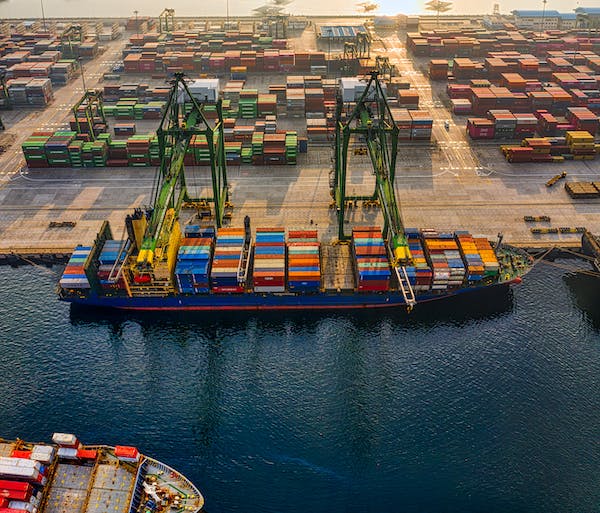Exploring All Modes of Freight Transportation for 2024

In the global business landscape, the challenges of transporting goods have evolved through innovation, effectiveness, and adaptability, giving rise to a robust industry. Logistics corridors no longer follow the straight lines of the past; rather, they span the boundaries of technology, sustainability, and creativity. This year of 2024, check out the various modes transportation in an international freight forwarding company that bring a distinctive level of service in the freight forwarding industry and how it help meet the growing need for better logistics.
Here is are the possible best modes of freight transportation that will continue to shape the industry’s future because of new emerging technologies.
Traditional Modes of Freight Transportation
Trucking: The backbone of freight transportation continues to be trucking, but with technological advancements. Autonomous trucks and platooning are becoming more prevalent, promising increased efficiency and reduced operational costs.
Rail Freight: With high capacity and eco-friendly advantages, rail freight is experiencing a resurgence. Innovative technologies, such as precision scheduled railroading, are optimizing routes and enhancing overall efficiency.
Air Freight Revolution
Drone Delivery: Unmanned aerial vehicles are taking center stage for last-mile deliveries. Companies are investing in drone technology to achieve faster and more cost-effective deliveries, especially in remote or congested areas.
Air Cargo Innovations: The air freight industry is witnessing advancements in cargo planes, including increased fuel efficiency and capacity. Supersonic air travel is also on the horizon, potentially reducing shipping times across the globe.
Seaborne Solutions
Smart Shipping: The maritime industry is incorporating IoT and blockchain technologies for smarter shipping operations. From predictive maintenance to real-time tracking, these innovations are enhancing reliability and transparency. However, this may affect forwarding costs due to currency exchange which is also true for other modes of transportation.
Autonomous Ships: The concept of autonomous vessels is gaining traction, promising to revolutionize the maritime sector. These ships can navigate oceans efficiently, reducing human error and operational costs.
Underground Freight
Hyperloop and Tube Transport: The emergence of hyperloop technology and tube transportation systems is changing the game for long-distance freight. With the potential for high-speed travel and minimal environmental impact, these systems are being explored for their viability in the near future.
Urban Mobility Solutions
Cargo Bikes and E-scooters: In congested urban areas, cargo bikes and electric scooters are becoming popular for last-mile deliveries. These eco-friendly options help reduce traffic and emissions, contributing to sustainable freight transportation.
Space-Age Logistics
Satellite Logistics: As technology continues to advance, satellite logistics is playing a crucial role in tracking and managing freight globally. This space-age solution ensures real-time visibility, security, and efficiency in the supply chain.
Electric and Sustainable Initiatives
Electric Trucks and Ships: The shift towards electric vehicles is impacting freight transportation. Electric trucks and ships are gaining momentum, reducing the industry’s carbon footprint and contributing to a more sustainable future.
Green Initiatives: Companies are increasingly adopting eco-friendly practices, such as carbon offset programs and sustainable packaging, to align with environmental goals and consumer demands.
The future of freight transportation in 2024 is a fascinating amalgamation of traditional methods and cutting-edge technologies. From the skies to the seas, and even beneath the ground, the logistics industry is exploring every avenue to create a more efficient, sustainable, and interconnected global supply chain.
In Excelsior we embrace these innovations to ensure that the freight transportation sector remains dynamic and adaptable in the years to come.
